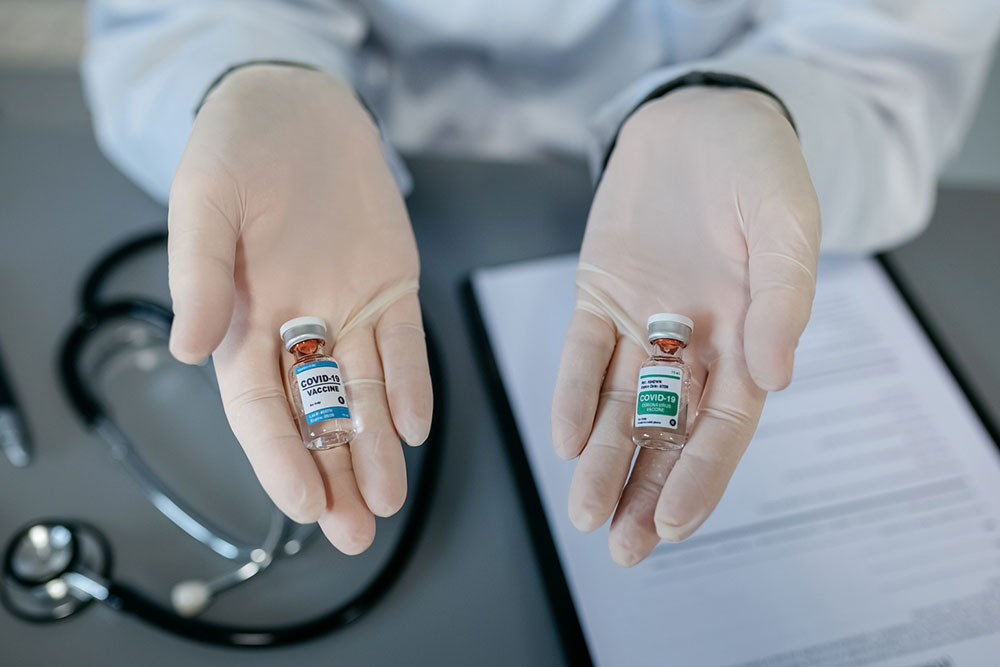
Health
7 foods to avoid for managing lung cancer
Lung cancer is a malignant tumor that originates in the cells of the lungs and can spread to other organs if left undetected. Although nutrition-based changes cannot be a direct remedy or prevention measure for this disease, they can significantly influence the risk and help improve overall lung health. So, here is a look at the role of nutrition and a few foods to avoid when dealing with lung cancer: Foods to avoid Nutrition plays a key role in lung cancer prevention through several mechanisms. Healthy, balanced meals rich in antioxidants, vitamins, and minerals can help in building a strong immune system, which helps the body defend against cancerous cell changes. Certain foods like fruits and vegetables contain compounds that may protect against the oxidative damage and inflammation associated with cancer development. Additionally, balanced meals can contribute to overall health and well-being, reducing the likelihood of developing conditions that may increase the risk of lung cancer, like cardiovascular diseases. While nutrition is just one aspect of lung cancer prevention and management, it can complement other measures. Processed food Foods like ready-to-eat meals, packaged snacks, and meats like bacon, sausages, and hot dogs are often high in saturated fats and contain harmful additives, which are associated with an increased risk of lung cancer.
Read More 















